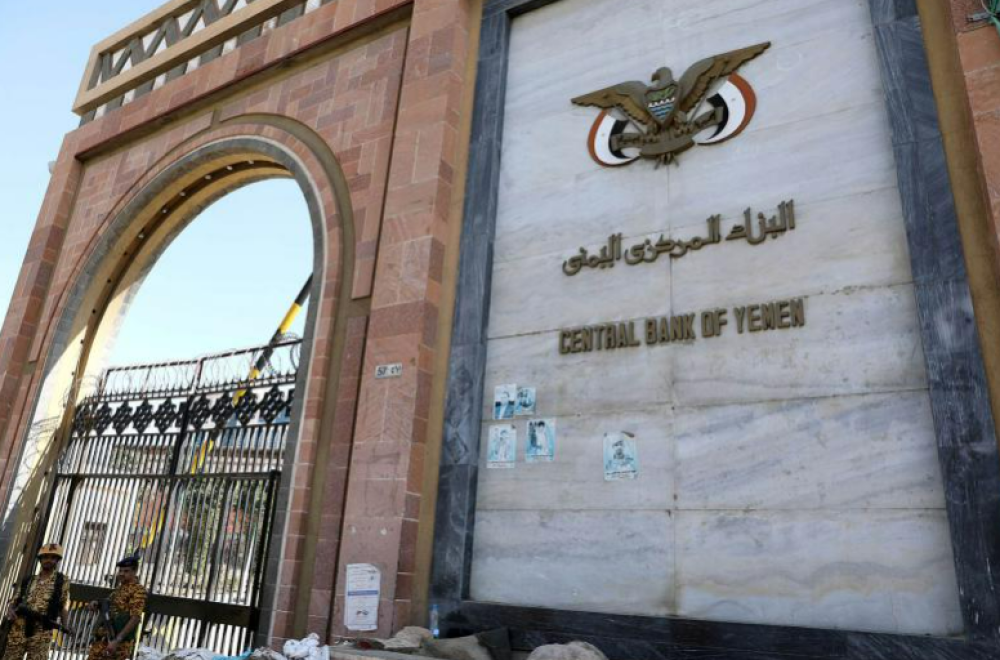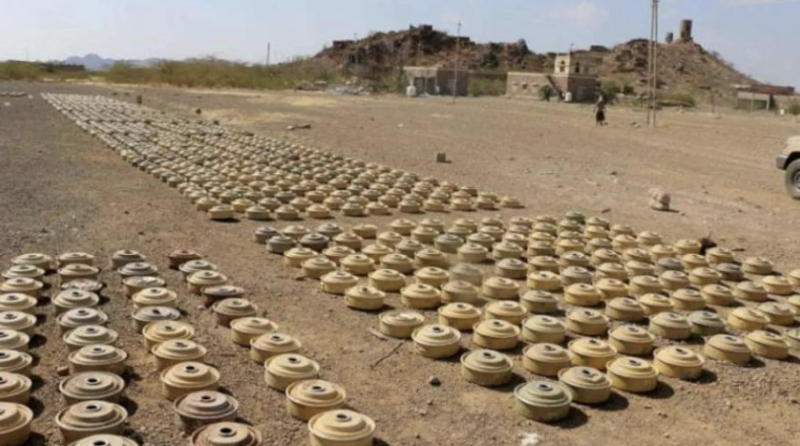Looming threat to business leaders in Yemen from US sanctions


As the United States escalates its pressure on the Houthi rebels in Yemen, the economic fall-out is poised to affect not only the Houthis themselves but also a wide range of businesses operating in Houthi-controlled areas. With the recent US designation of the Houthis as a foreign terrorist organisation, effective from March 4, 2025, the situation in Yemen has entered a new phase of both economic and political volatility.
This decision is expected to severely disrupt the Houthis’ ability to access global financial markets, which could significantly affect their capacity to import goods and maintain economic stability. However, the Houthis are expected to find ways to circumvent these sanctions, which will prolong their de facto governance over the areas they control.
The US sanctions, which came into effect in March 2025, target not only the Houthi group itself but also individuals, organisations and businesses that provide any form of support. For businessmen and companies working within areas under Houthi control, these new regulations represent a serious challenge. Many have been relying on trade routes through these territories, especially in the capital Sana’a, to maintain access to essential goods and services. However, with the imposition of these stringent sanctions, such access may be cut off, and any financial transactions tied to the Houthis will be subject to US scrutiny.
In a significant move earlier this year, on January 17, 2025, the US Department of the Treasury sanctioned Yemen Kuwait Bank for providing financial support to the Houthis. The bank had been instrumental in facilitating the Houthis’ access to the international financial system, allowing them to finance destabilising attacks in the region. The bank also aids the Houthis in exploiting the Yemeni banking sector to launder money and transfer funds to its allies, including Lebanese Hezbollah. This is a clear indication of the US government’s resolve to shut down financial networks that sustain Houthi power.
The Treasury’s sanctions specifically target Yemen Kuwait Bank for its involvement in laundering money, facilitating Iranian oil sales and helping the Houthis establish front companies.
The designation of Yemen Kuwait Bank sends a strong message to all businesses operating in Houthi-controlled areas: engaging with or enabling the Houthis is no longer a risk that can be taken lightly.
The sanctions are not just limited to the Houthis but extend to any financial institution, individual, business or organisation that assists them, directly or indirectly. This action serves as a warning to others in the region who may be considering continuing their business dealings with the Houthis or circumventing sanctions to maintain operations.
This move aligns with ongoing efforts by US Treasury and US intelligence officials to track and disrupt any entities or individuals supporting the Houthis. The message to businesses is clear: continuing operations with or indirectly supporting the Houthis is no longer just risky, it is a direct violation of US sanctions, and the repercussions will be severe.
As the US ramps up its pressure on the Houthis, US intelligence services and US Treasury sanctions experts are already closely coordinating their efforts to identify and dismantle the complex web of financial facilitators and illicit trade routes supporting the group’s operations. These agencies work relentlessly to identify and disrupt any entities that facilitate Houthi operations. The intelligence community’s arm is far-reaching, and they are actively engaged in monitoring financial transactions, identifying shell companies and tracking cross-border money transfers linked to the Houthis. Their goal is to expose and dismantle the financial networks that sustain the group’s control over Yemen, further pressuring anyone who attempts to maintain ties with the Houthis.
The US government’s continued investment in intelligence gathering and sanctions enforcement underscores the seriousness of the economic battle against the Houthis. This combined effort is meant to ensure that those who knowingly or unknowingly aid the Houthis are held accountable for their actions, with significant consequences for violating US sanctions.
The US government’s commitment to disrupting these networks is evident through their direct actions and warnings to individuals and institutions involved.

Aden — Security sources have revealed that dozens of irregular African migrants landed on the shores of Shabwa governorate in southeastern Ye…

Washington – Yemen has been ranked among the world’s top 20 countries experiencing the highest levels of political and deadly violence…

Aden – The operations room of the Saudi-funded Masam demining project announced that its field teams have successfully removed 2,656 landmine…